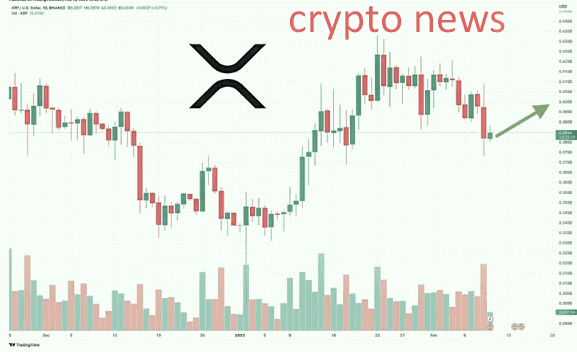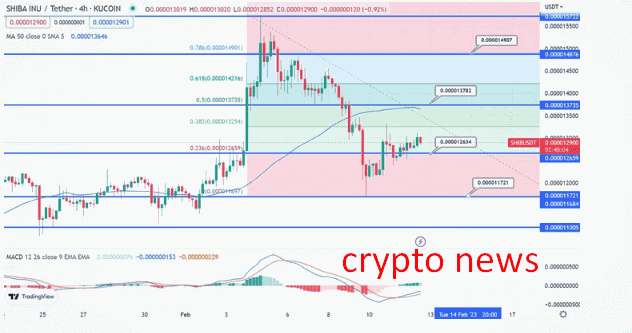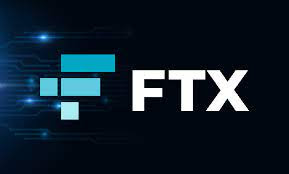“Regulate use cases, not technology,” Metaverse and NFT expert tells EU politicians
metaverse and NFT
Regulation should focus on use cases rather than technology, metaverse and NFT industry leaders tell European Parliament lawmakers in a meeting to discuss industry recommendations Web3 for future policy.
"We're in the early days and we're not even scratching the surface," Ripple's Markus Infanger told the meeting while emphasizing that the adoption of a "new economic sphere" would be spurred by regulation.
Leading the meeting was MEP Stefan Berger, who led Parliament's negotiations on the regulation of crypto-asset markets. The MiCA broadly excludes NFTs, excluding a reference to large groups of NFTs that can be considered “fungible” financial instruments. This will depend on the interpretation of regulators who will write the rules for implementing the bill next year.
“Thinking of NFTs only as financial instruments is not the right approach,” Fabian Vogelsteller, author of the Ethereum-based ERC-20 token standard, sparked the 2017 ICO hype.
The center-right European People's Party in Parliament worked with a Brussels-based crypto advocacy group, Blockchain for Europe, to organize an educational workshop on NFTs and the metaverse covering use cases and policy recommendations.
Industry experts have said that NFTs are not an asset class and have developed a wide range of use cases ranging from real estate to entertainment to commerce. Different uses of blockchain should be regulated on a case-by-case basis, they said, and innovation should not be stifled along the way.
They gave various analogies to make their point: A collectible football card is not the same as a Tesla stock and should not fall under the same provisions. As for the underlying technology - a contract is not the same as toilet paper, although both are paper, for example.
“We welcome regulation — we just hope you get it right,” AtomicHub Chief Revenue Officer Jeffery Haas said at the meeting.
MEPs Stefan Berger and Stelios Kympouropoulos assured their guests that the lessons from the workshop were turning into parliamentary discussions and that the debate was continuing.
NFTs will receive a tailored report from the European Parliament prompting the European Commission to propose legislation following the suggestions. When it comes to the metaverse, EU institutions are still in the early days of exploration. The Commission launched an industry coalition for virtual and augmented reality in September to enable the virtual reality industry to communicate with policymakers.
NFTs could still see stricter regulation coming from the anti-money laundering package currently being negotiated in Parliament, which is expected to be voted on in early 2023.





